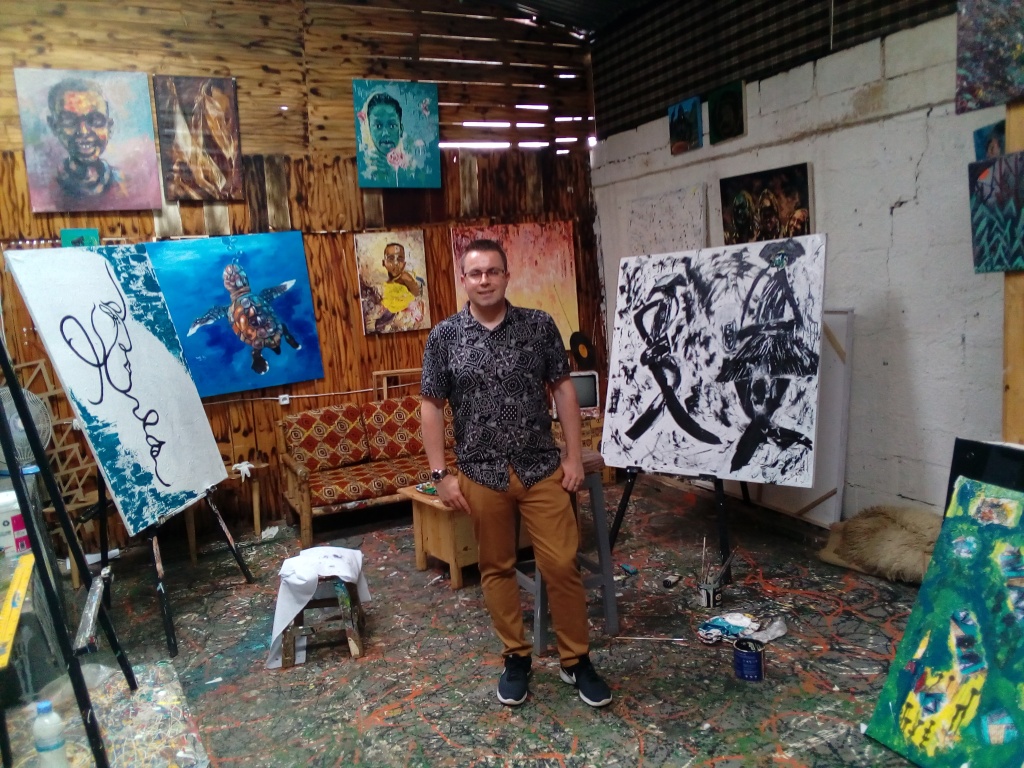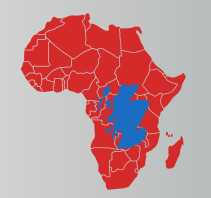
AfriScotia aims, in a non-colonial manner, to help build a peaceful and prosperous Africa…
AfriScotia Founder – Dr Allan T. Moore
Vision:
AfriScotia has a long-term vision to assist in the ongoing development of a peaceful and prosperous African continent. Harnessing theories from the disciplines of peace & security, conflict prevention, transformation & resolution, and others, we see our role as a collaborator with people and organisations from grassroots to top governmental levels in order to faciliate both bottom up and top down activities throughout Africa.

Mission:
In order to achieve the ultimate vision, AfriScotia’s mission is comprised of several key activities and themes.
Collaboration
Although much of Afriscotia’s work (such as academic research) is conducted internally, the key ethos of AfriScotia is to collaborate on an equal basis with African people, organisations, and institutions, developing and maintaining strong links between Scotland and Africa. There are no restrictions on who we aim to collaborate with, so this may include Government departments, NGO, CSO, the education sector, the private sector, or any relevant individual citizens.
Research
Professional, in-depth research underpins everything that AfriScotia does. We have expertise in all areas of quantitative and qualitative methods, and have experience of conducting research including ethnographic, interview, survey, statistical, thematic, literature-based, focus group and other key approaches to gathering and analysis of data, which can be used to inform developments in policy and practice at the local and / or national level.
Training
Research in isolation may be useful, as the creation of accessible knowledge is a societal benefit in itself, however larger-scale impact can be created through the design of training for stakeholders who are in the position to embed research findings into policy and practice. Training programmes can be developed in collaboration with the requesting stakeholder, and are tailored and contextualised to the stakeholder group in question. Training programmes can be developed for groups as small as 3 or 4, or as large as 300 and above.
Culture & The Arts
A central theme of AfriScotia’s work is a recognition that culture, through its different meanings and interpretations, is a key element in any current or past conflict. This is true regardless of whether the conflict in question is / was driven by identity, politics, poverty, or any other underlying reason. Culture can exacerbate, transform, or resolve conflict depending on its use. One of our aims is to harness positive elements of culture, often through arts-based activities, in order to pring people together and create shared positive experiences regardless of the initial differences participants might have.

Mediation and Restorative Practices
Afriscotia’s founder has experience of training international mediation practitioners and can develop both short and long mediation programmes for governments, institutions, and private organisations and individuals.

